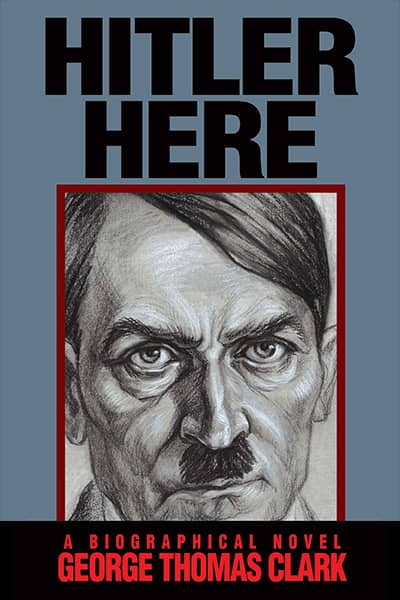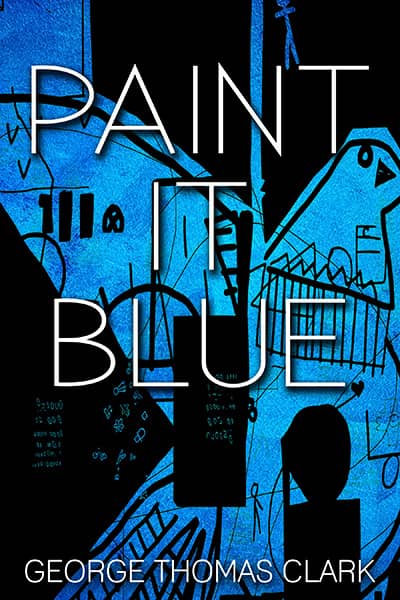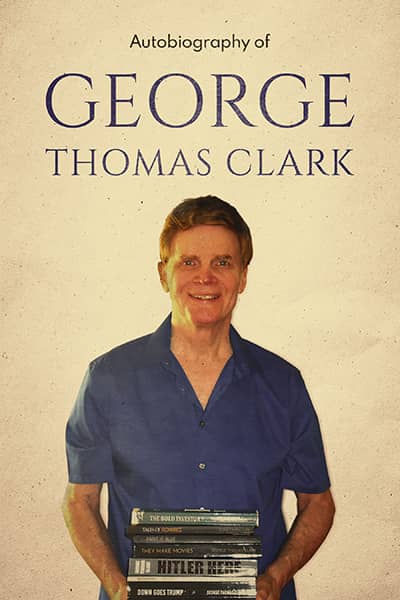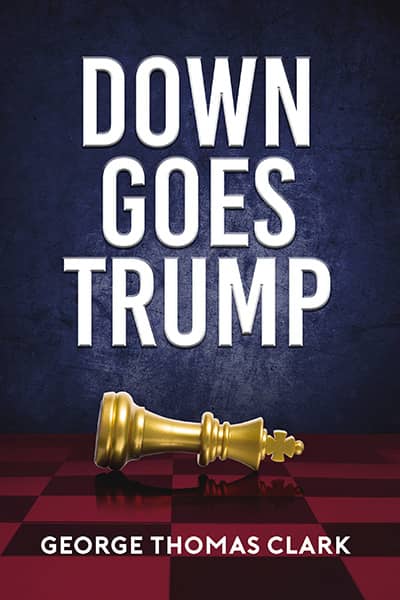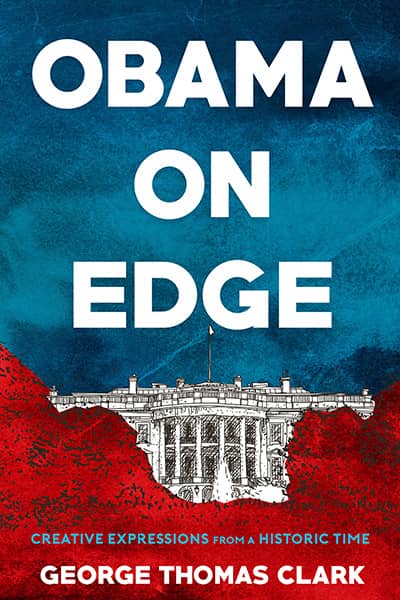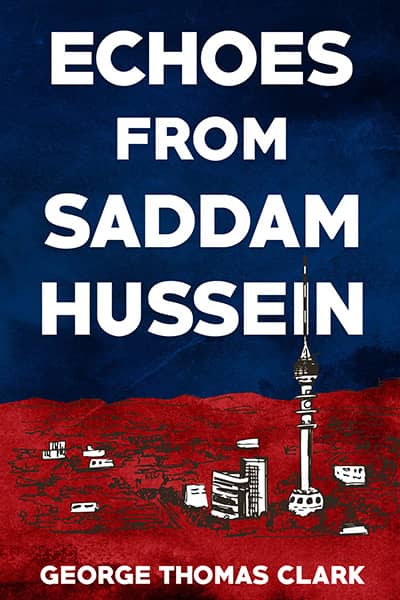Russian President Vladimir Putin Addresses the American People
June 16, 2007
I have been trying to communicate with the citizens of the United States of America. As president of the world’s largest and second most dangerously armed nation, I believe what I have to say about foreign affairs and U.S.-Russian relations should interest the wealthiest and most powerful people on earth. But I’m having trouble getting my message through. American media outlets are clogged with news about the alcohol, drug, and sexual misadventures of such personages as Lindsay, Britney, and Paris, and, as a rather short, almost-sinister looking judo expert and former KGB officer in charge of that mysterious cold giant over there somewhere, I realize I’m overwhelmed in the glamour game. When publicly mentioned in the United States, I’m usually being poleaxed for what the world’s moral arbiters feel are my moves restricting freedom in my own country as well as in new countries formerly part of the Soviet Empire.
I will take but an instant to say I disagree with such observations as do seventy percent of Russians who have long certifiably backed my leadership. President George W. Bush, burdened by a rather lower approval rating, sometimes laments that I’m ruining democracy in Russia. My laconic reply has been: “We certainly would not want the kind of democracy they have in Iraq.” Regarding Dick Cheney’s criticism of my statecraft, I simply said, “Statements of this sort by the vice president are the same as an unsuccessful hunting shot.” At any rate, this piece does not concern my shortcomings but focuses on the dangerous results of current United States foreign policy. My most comprehensive statements on the subject came in February 2007 at the Munich Conference on Security Policy. As the coverage then was neither thorough nor sustained, I here offer you the key points on a website that spans the country and encircles the globe.
The United States is the most powerful nation on earth, as Americans daily remind everyone, but the citizens of that undeniably great nation need to remember that a “unipolar world” is one with but a single “center of authority, one center of force, one center of decision making. It is a world in which there is one master, one sovereign. And at the end of the day this is pernicious not only for all those within this system, but also for the sovereign itself because it destroys itself from within…
“(Additionally,) unilateral and frequently illegitimate actions have not resolved any problems. Moreover, they have caused new human tragedies and created new centers of tension. Judge for yourselves: wars as well as local and regional conflicts have not diminished…And no less people perish in these conflicts – even more are dying than before. Significantly more, significantly more. Today we are witnessing an almost uncontained hyper use of force – military force – in international relations, force that is plunging the world into an abyss of permanent conflicts. As a result we do not have sufficient strength to find a comprehensive solution to any one of these conflicts. Finding a political settlement also becomes impossible…
“We are seeing a greater and greater disdain for international law. And independent legal norms are, as a matter of fact, coming increasingly closer to one state’s legal system. (That state,) the United States, has overstepped its national borders in every way. This is visible in the economic, political, cultural and educational policies it imposes on other nations…
“And of course this is extremely dangerous. It results in the fact that no one feels safe. I want to emphasize this – no one feels safe. Because no one can feel that international law is like a stone wall that will protect them. Of course such a policy stimulates an arms race. The force’s dominance inevitably encourages a number of countries to acquire weapons of mass destruction. Moreover, significantly new threats – though they were also well-known before – have appeared, and today threats such as terrorism have taken on a global character.
“I am convinced that we have reached that decisive moment when we must seriously think about the architecture of global security. And we must proceed by searching for reasonable balance between the interests of all participants in the international dialogue. Especially since the international landscape is so varied and changes so quickly – changes in light of the dynamic development in a whole number of countries and regions.”
We are witnessing great economic growth in India and China, and their combined “purchasing power…is already greater than that of the United States. And a similar calculation with…Brazil, Russia, India and China surpasses the cumulative gross domestic product of the European Union. And according to experts this gap will only increase in the future. There is no reason to doubt that the economic potential of the new centers of global economic growth will inevitably be converted into political influence and will strengthen multipolarity.
“In connection with this the role of multilateral diplomacy is significantly increasing. The need for principles such as openness, transparency and predictability in politics is uncontested and the use of force should be a really exceptional measure, comparable to using the death penalty in the judicial systems of certain states. (In civilized international society, I must emphasize that) the use of force can only be considered legitimate if the decision is sanctioned by the UN… (In that manner) the UN will truly unite the forces of the international community and can really react to events in various countries. (And as we) leave behind this disdain for international law, then the situation will be able to change. Otherwise…serious mistakes will be multiplied…
“Dear ladies and gentlemen! The potential danger of the destabilization of international relations is connected with obvious stagnation in the disarmament issue. Russia supports the renewal of dialogue on this important question. It is important to conserve the international legal framework relating to weapons destruction and therefore ensure continuity in the process of reducing nuclear weapons. Russia intends to fulfill the obligations it has taken on, (for) the principles (of arms reduction) are universal…”
At a time when many other countries – North Korea, India, Iran, Pakistan, and Israel, for example – are developing the very “small- and medium-range missiles” that Russia and the United States have been destroying, “it is impossible to sanction the appearance of new, destabilizing high-tech weapons.” We must not have a “new area of confrontation, especially in outer space. Star wars is no longer a fantasy – it is a reality. In the mid 1980’s our American partners were already able to intercept their own satellite.
“In Russia’s opinion, the militarization of outer space could have unpredictable consequences for the international community, and provoke nothing less than the beginning of a nuclear era. And we have come forward more than once with initiatives designed to prevent the use of weapons in outer space…
(Naturally,) “plans to expand certain elements of the anti-missile defense system to Europe cannot help but disturb us. Who needs the next step of what would be, in this case, an inevitable arms race? (After all,) missile weapons with a range of three to five thousand miles that really pose a threat to Europe do not exist in any of the so-called problem countries. And in the near future and prospects, this will not happen and is not even foreseeable. And any hypothetical launch of, for example, a north Korean rocket to American territory through western Europe obviously contradicts the laws of physics…
“And here in Germany I cannot help but mention the pitiable condition of the Treaty on Conventional Armed Forces in Europe…The adapted treaty was signed in 1999. It took into account a new geopolitical reality, namely the elimination of the Warsaw bloc. Seven years have passed and only four states have ratified this document, including the Russian Federation. NATO countries openly declared they will not ratify this treaty…until Russia removed its military bases from Georgia and Moldova. Our army is leaving Georgia (and the mere) 1,500 servicemen in Moldova are carrying out peacekeeping operations and protecting warehouses with ammunition left over from Soviet times…
“But what is happening at the same time? Simultaneously (the Americans and NATO have) put frontline forces on our borders (even as) we continue to strictly fulfill the treaty obligations and do not react to these actions at all…It is obvious that NATO expansion does not have any relation with the modernization of the alliance or with ensuring security in Europe. On the contrary, it represents a serious provocation that reduces the level of mutual trust. And we have the right to ask: against whom is this expansion intended? And what happened to the assurance our western partners made after the dissolution of the Warsaw Pact? Where are those declarations today? No one remembers them.”
So I will remind you. In May 1990 the NATO General Secretary said, “The fact that we are ready not to place a NATO army outside of German territory gives the Soviet Union a firm security guarantee.”
“Where are these guarantees?
“The stones and concrete blocks of the Berlin Wall have long been distributed as souvenirs. But we should not forget that the fall of the Berlin Wall was possible thanks to a historic choice – one that was also made by our people, the people of Russia – a choice in favor of democracy, freedom, openness, and a sincere partnership with all the members of the big European family.
“And now they are trying to impose new dividing lines and walls on us – these walls may be virtual but they are nevertheless dividing, ones that cut through our continent. And is it possible that we will once again require many years and decades, as well as several generations of politicians, to dissemble and dismantle these walls?”
In a couple of weeks, at his family compound in Kennebunkport, I will be asking George W. Bush many essential questions. And I expect straight answers. In fact, I insist on them. A weak and belligerent U.S. president isn’t going to push around a popular and peaceful Russian president. President Bush needs to beware: if he attacks I’ll subdue him with my favorite move, a sweeping hip throw.
Editorial note: Everything in quotes belongs to President Vladimir Putin. He and his writers produced a seminal speech.
